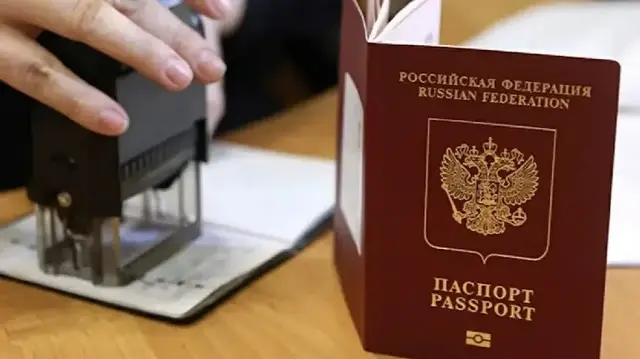The European Union announced that it will no longer issue multiple-entry visas for Russian citizens, as part of ongoing measures to increase pressure on Moscow amid its nearly four-year war in Ukraine.
“From now on, Russian citizens will need to apply for a new visa each time they plan to travel to the EU,” the EU stated.
The measure is intended to allow the bloc to closely monitor applicants and mitigate potential security risks.
Vice-President of the European Commission, Henna Virkkunen, said the move builds on previous sanctions and aims to curb sabotage, disinformation, and drone attacks originating from Russia.
Russian observers criticized the decision, arguing it will primarily affect ordinary citizens with no connection to President Vladimir Putin.
The EU initially suspended its visa facilitation agreement with Russia in 2022, following the full-scale invasion of Ukraine, making travel documentation more expensive and difficult for Russian nationals.
Commissioner for Home Affairs and Migration, Magnus Brunner, added that applications from Russian citizens will be subject to enhanced verification and increased checks.
Limited exceptions will be made for humanitarian cases, including independent journalists, dissidents, and human rights defenders. Russians holding citizenship of an EU member state will not be affected.
“Travel and free movement within the EU is a privilege, not a given,” said EU foreign policy chief Kaja Kallas.
According to the Commission, Russian citizens were issued around 552,000 Schengen visas in 2025, nearly 100,000 more than last year but far fewer than the 4 million visas issued in 2019. Most visas were issued by Italy, France, and Spain, while Baltic states have imposed near-total entry bans for Russian travelers.
The EU plans to release a new visa strategy in December outlining how travel policies can serve as a geopolitical tool to counter Russian influence and strengthen EU external security.







